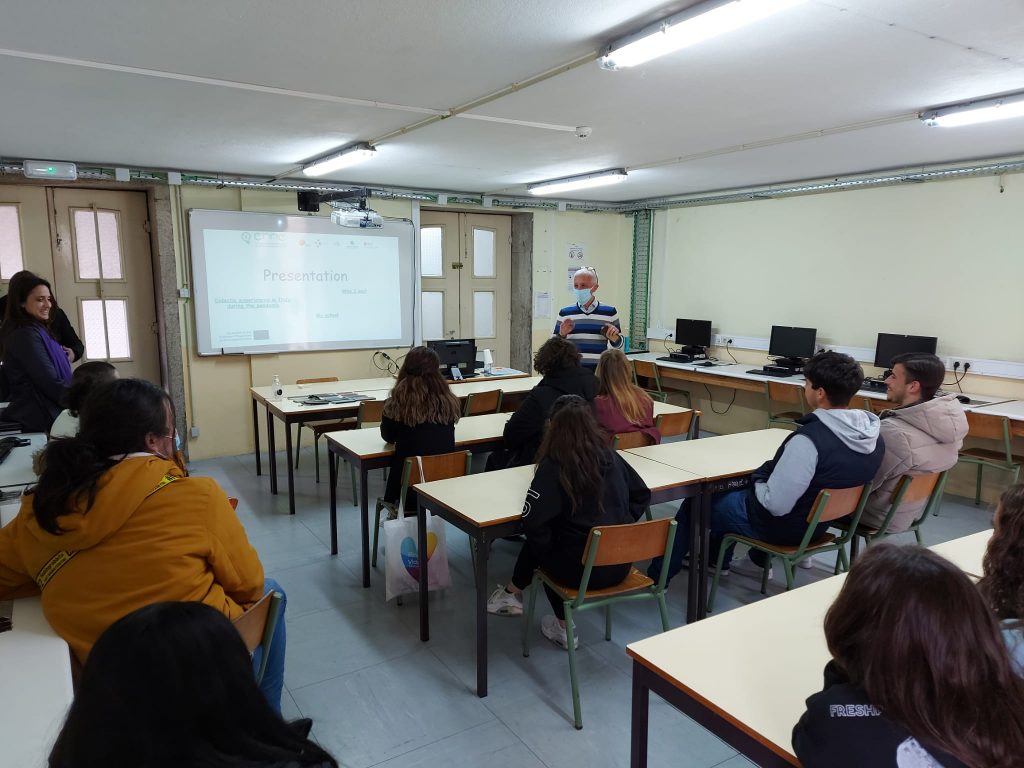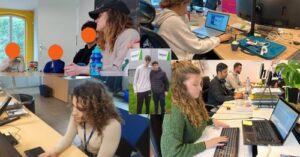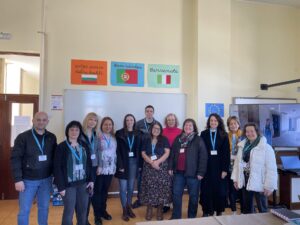Vito – teacher at “Alfonso Casanova”, from Naples participated in the job-shadowing experience at “Escola Profissional de Campanhã”, Portugal, this is his story:
“I was interested in learning more about the creation and management of distance learning activities, the new apps and aids offered by didactics, also experienced during the DAD due to the pandemic. During my stay in Porto, I was able to compare my teaching experiences with those of some teachers at the host school and especially directly with the students in some classes. The job shadowing experience allowed me to observe, albeit for a short time, a different working context. It was also very interesting to define the work programme together with Portuguese colleagues and to collaborate directly in the field. Teaching abroad allows you to gain a broader view of the school world, exchange knowledge with colleagues from another country and directly experience good teaching practices. During the job shadowing experience I also gained a broader view of the school world and the specificities of different learning contexts”.
Chiara – teacher at “Alfonso Casanova”, from Naples participated in the job-shadowing experience at “Epromat Escola Profissional de Matosinhos”, Portugal, this is her story:
“I have the opportunity to get to know and confront myself with new educational realities. My objective is to design an educational activity in coordination and sharing with schools in other countries that can be replicated throughout Europe. It was interesting to observe the way of working and managing practical activities in another professional audiovisual school. I tried to get to know, as much as possible, the Portuguese educational system to understand how to get the most out of the workshop activities dedicated to vocational courses. I found it very interesting to discover that in Portugal we also work in didactic units. And I found it useful to verify that, in Portugal, the didactic units are related to a single macro-theme that is then declined in modules with a progressive level of difficulty. It will certainly be an organisation of work that I will also propose at my school. I have seen how pupils, confronted with a more complex task from time to time, progress in their learning. I also like the idea of communal spaces, there was a lunch room equipped with a microwave that supported the idea of a school as a space to be lived fully.
What emerges from both of us is the desire to develop through Erasmus opportunities a collaboration between teachers to design transnational teaching activities that can be replicated in all schools in Europe.”





